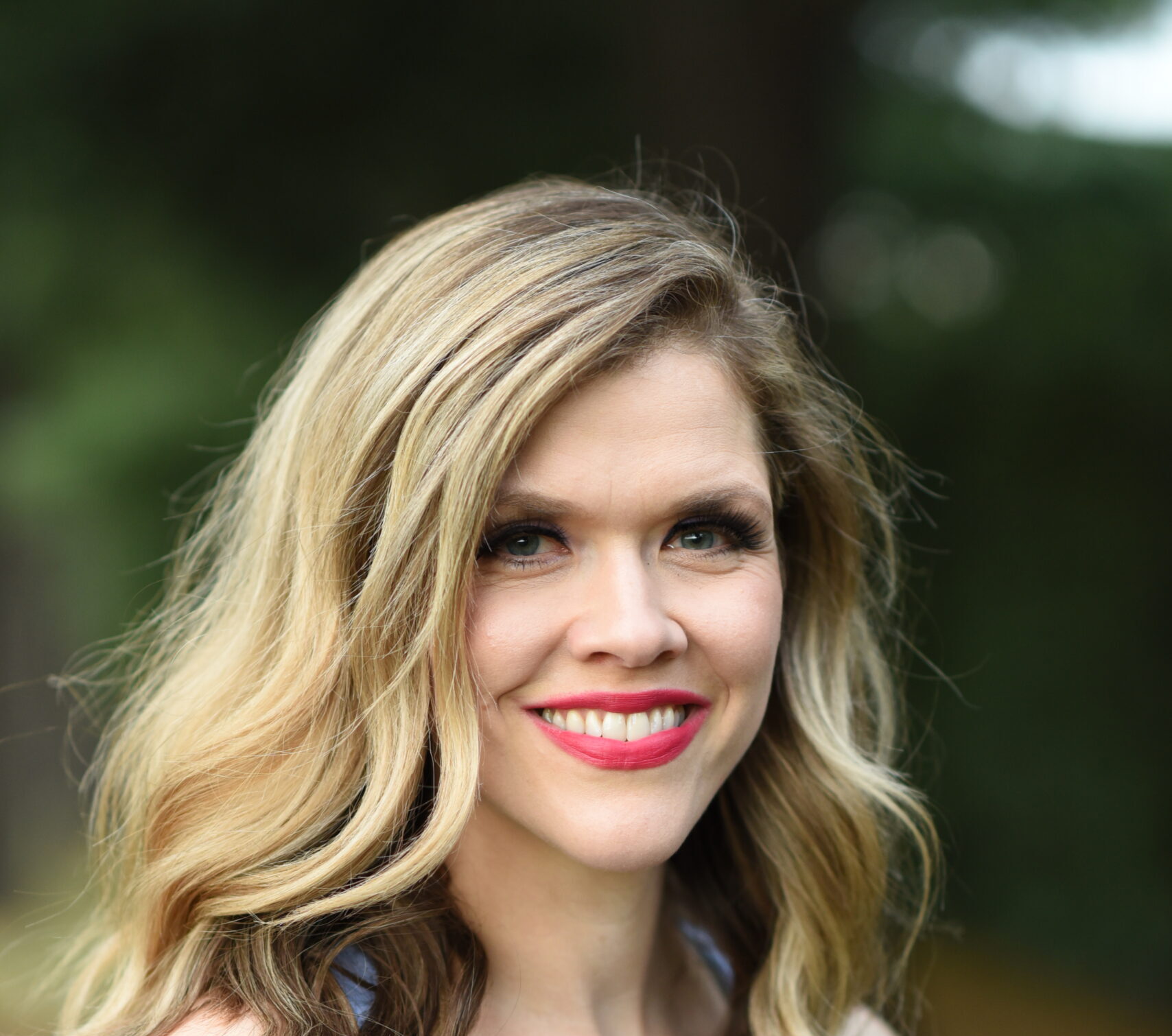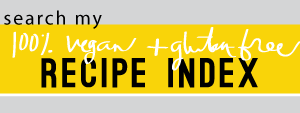Living a balanced life. A great catch-phrase that is thrown around a lot, especially in media soundbites that pertain to healthy living. “You want to be happier,” they say, “Live a more balanced life.” What exactly does that mean? I don’t know, and perhaps I will never know since try as I might, I’m not prone to “balance,” moderation, living life at an even pace (I have 3 children, ages 3 and under, for Pete’s sake!).
How so, you’re wondering. Let me explain. If you’re familiar with the color code, I’m half blue, half red, with a little yellow (personality type) and absolutely no white. Although I should note this was taken a few years ago. Now that I’ve been married to my even-tempered husband for nearly 5 years, perhaps his personality has rubbed off on me. But I think it’s still safe to say, at least according to the color code, I’m a pretty passionate person, like to get things done, have a lot on my plate, creative, like to be in control, ect. and this does not always lend itself to living moderately or predictably.
I’m either really into something, or I couldn’t care less. I don’t watch movies that I’m not super excited about. I don’t even bother with T.V. because I think most of it’s a waste of time and don’t have the time or patience to filter through the muck. Once I become interested in something I must learn everything about it, saturate myself, so to speak, in whatever I’m learning. This is how I was when I initially began my journey to finding out what it means to truly be healthy. I wanted answers, so I read everything I could get my hands on. It was only until I read The China Study and other similarly related books that things became clear: whole foods, especially ones that come from plants, are what humans are designed to eat for optimum health. Although this statement is so simple, it took me reading several books to really understand the truth behind it. So then I began reading everything as it relates to a plant-based diet and because there are a variety of approaches to the diet (oils, no oils; soy, no soy; raw vs. cooked; ect.) I continued to read cookbooks, blogs, web sites, and books. It’s funny, you can hear something all your life, a truth, if you will, and not pay much attention to it–blow it off, or not treat it as significant or applicable to YOUR life. It’s only until you act on this truth that it becomes meaningful to you.
I suppose I’m sharing this random thought with you (and I hope I’m making sense!) because I’ve changed how I eat recently. Not WHAT I eat, but how I eat. It’s the ELMO (Eat Less More Often) approach. I’ve been familiar with the don’t skip meals idea, eat smaller meals throughout the day to ensure steady blood sugar and avoid insulin spikes, but I didn’t feel like it applied to me. I like to eat, so typically I’d eat a huge breakfast or lunch and a very small dinner or vice versa. I just haven’t been good at pacing my eating. And I sort of liked it that way, because it seemed easier to eat a lot at one meal and not have to worry about eating for 6 or 7 hours. By eating this way, I would get really really hungry, then eat a ton. I’d have to, because in order to get the calories I need, and since I was skipping meals or not snacking enough, I had to eat much more when I did eat to sort of make up. This habit has led to chronic acid reflux, something that can be caused by eating highly acid foods, but this is not the only cause as we see in my case, since I eat a purely vegan whole foods diet high in fresh, raw foods.
In my quest to discover the solution to this annoying problem (the acid reflux), I revisited some familiar advice: eat small meals frequently throughout the day. As I said before, I never really paid attention to this, in part because I’d read that it’s better for your digestive system to have a break and eating one or two big meals a day is better than more. The variations on this theme are: fast until lunch, the only food you eat before noon is fruit and then work your way up to heavier foods and use food combinining (I’ve tried all of these approaches, and while I think it’s great to do if you need some extra cleansing, it’s not practical for the long term). This advice comes mostly from many natural hygienists, or raw fooders, whose recommendations, are not usually based on scientific evidence, but rather anecdotal/storytelling advice.
It’s been a few weeks now that I’ve been eating about 6-7 small meals (I don’t like to think of them as snacks since in my mind snack equates pretzels/crackers/chips, which is not what I’m talking about here) a day, and I love it! Not only do I not experience acid reflux (as long as I don’t overeat, which is avoided by having these smaller meals), it’s much easier than I thought it would be. I just feel better because I never get ravenously hungry or uncomfortably full like I used to. It’s also much better for controlling insulin levels (which has been scientifically proven), which as I’m learning, is important for everyone, especially if you want to lose weight and is not just diabetics or hypoglycemics.
And how, when, why, and where you eat are also just as important factors as WHAT you eat.
More on this in a future post, because there’s so much more to say about it!



Comments